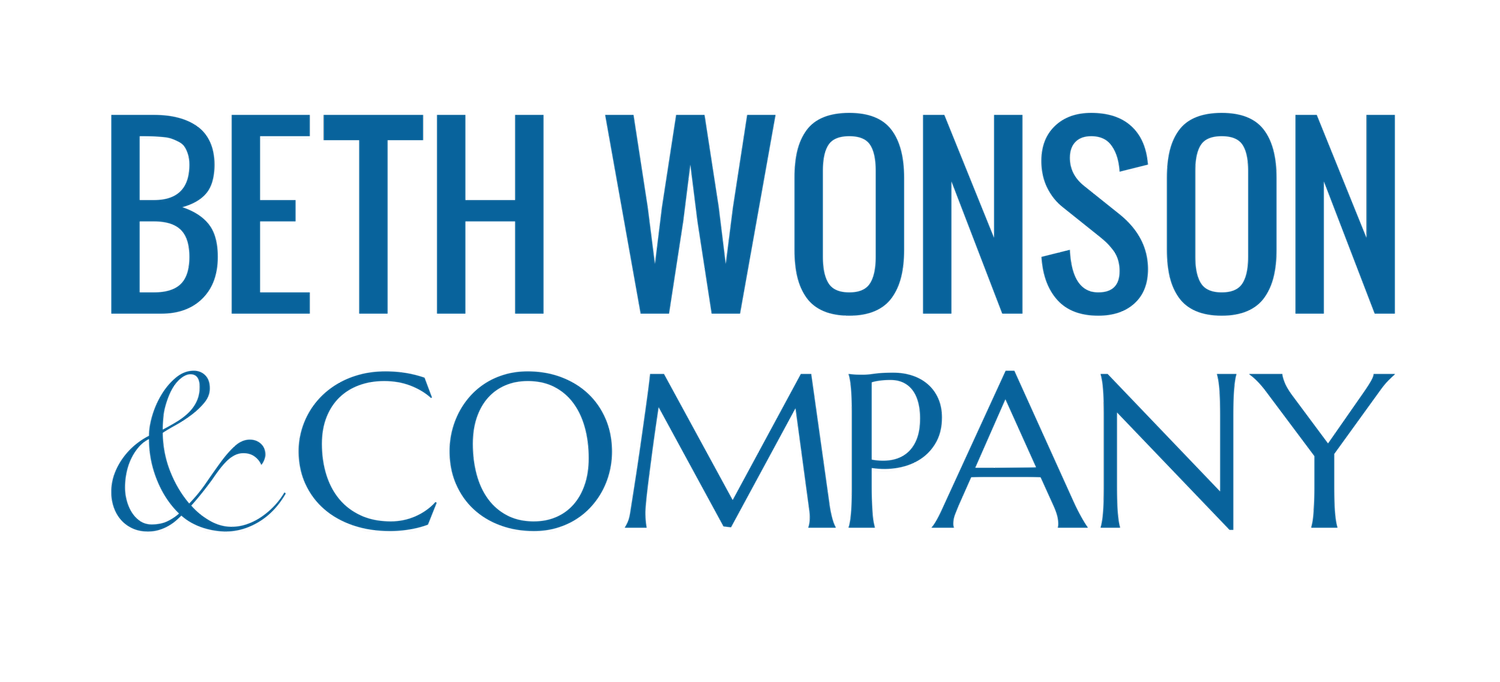Unanswerable Questions Impact Trust
One of the least discussed aspects of leadership is what to do when you’re asked unanswerable questions. How can you answer with honesty and integrity while continuing to build trust and maintain employee or team engagement?
The Challenge of Unanswerable Questions
As humans we have a strong desire to help people get relief from emotional discomfort. Few things are as uncomfortable as the unknown. Especially when it impacts safety, financial security, or health.
We have an inherent desire to avoid looking like we don’t know what’s happening. This drives us to provide answers to questions even when we don’t know the answer.
We seek opportunities to reassure our own fears through dialogue with others so sometimes we react to unanswerable questions with what we hope will be true. In other words, we sugar coat the truth.
Maintaining Genuine Trust is Essential
Trust is the foundation of connection and you can’t have effective, successful teams without it. Connection is required where motivation, engagement, and pride are present.
More importantly, trust is built one conversation at a time and one experience at a time — and trust is destroyed in the same way.
So being able to give genuine answers is critical to maintaining trust.
A Framework for Unanswerable Questions
Follow this simple framework when you need to provide answers during uncertainty. We teach the framework to all our clients and I use it myself. There are 3 components to the conversation:
Here is what I know.
The content here is always fact-basedHere is what is still unknown.
This includes all the stuff people are wanting to hear for which there are no factsHere is what I can’t talk about.
This includes personnel issues, legal issues, HIPPA concerns, gossip, and leadership decisions not yet ready for sharing.
Simple right?
Here’s What it Looks Like in a Real Scenario
Staff: “Hey Beth. I heard we might be returning to the office soon. Do you know when? And what if my kids daycare isn’t open yet? Can I still work from home?”
Me: “Thanks for asking. Here’s what I know. The Governor did say we’d be moving into Stage 3 soon. And when that happens, we will be approved to return to work in the office.
Here’s what I don’t know. There has been no actual date set yet. And I also don’t yet know what accommodations must be made to the physical space in order for us to fully comply. So when this all will happen in an unknown.
Here’s what I can’t yet talk about. The leadership team is looking at the impact of the day care gap but its just discussion at this point and there are no decisions ready to be shared.
We will be updating you as there are new facts to share.”
Sometimes You Will Be Caught Off-Guard
We call these surprise dialogues and they’re often when we get into the most trouble. If we in fact don’t have an answer, our amygdala is likely to process that as fear or danger and cause us to have an automatic reaction to get us out of danger. This is when we use phrases such as “Don’t worry. It will all be fine”. Or “Don’t be concerned. I will do everything I can to take care of it for you.”
While these answers may temporarily make us feel like we helped the person, the reality is that we may not be able to actually make it fine for them. When they get that news, trust will likely be negatively impacted.
The best way to prepare yourself to stay centered and focused on facts, even in surprise dialogues, is to practice the framework. A great way to practice is to simply brainstorm a list of the most unanswerable questions you anticipate having to deal with and run them through the framework.
Remember, the cornerstone of solid working relationships is always truth and authenticity.
